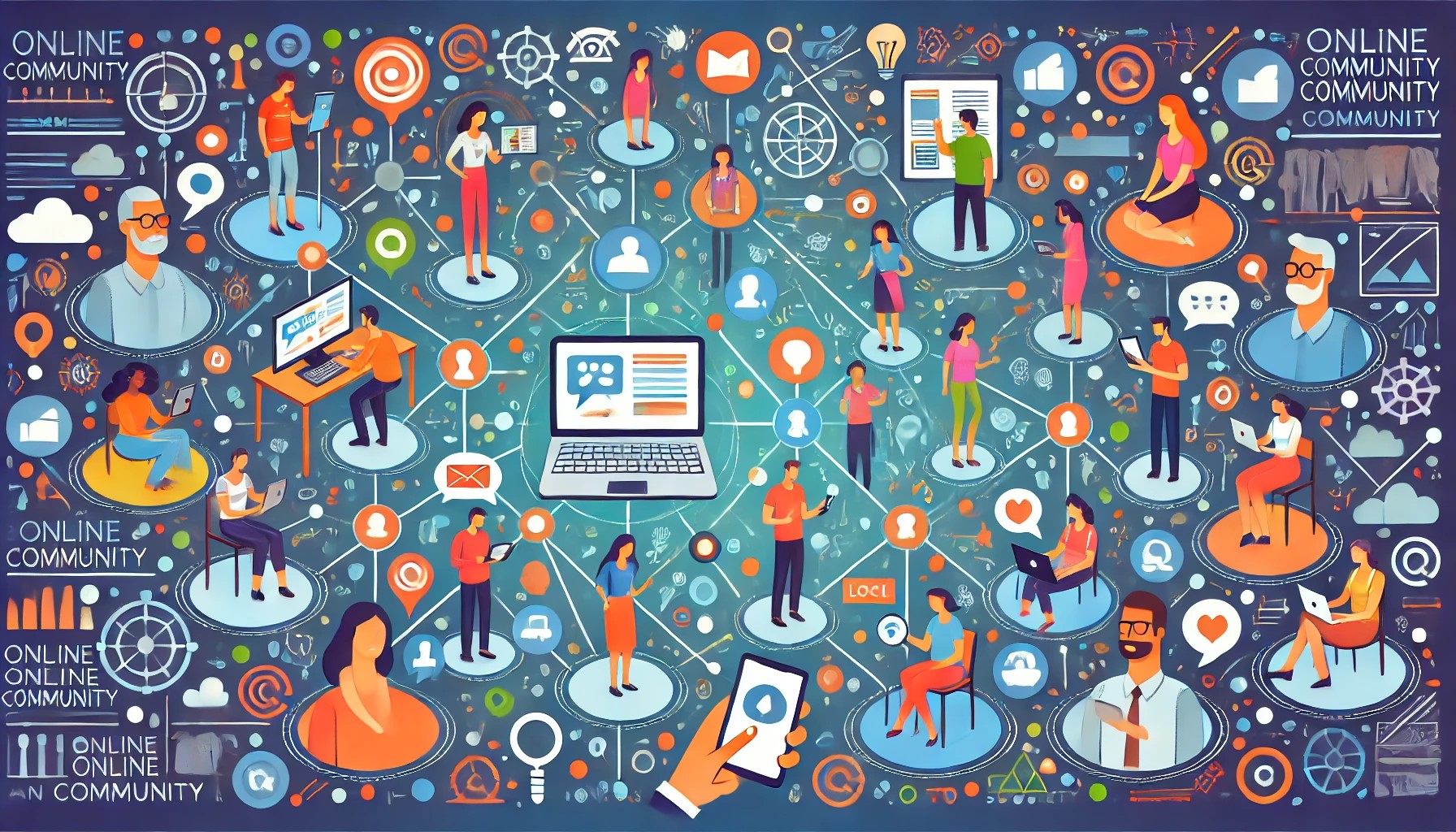
The Digital Fabric of Connection
Imagine this: You’re scrolling through your favorite forum or Facebook group, and suddenly, you find yourself lost in a sea of shared interests, advice, and lively discussions. Whether you’re bonding over the latest tech gadget, seeking advice for a tricky life situation, or simply looking for others who share your passion for an obscure hobby, you’ve stumbled into the vibrant world of online communities. But what is considered an online community? Let’s dive in and uncover the magic behind these digital gathering places.
The Building Blocks of Online Communities
So, what exactly is considered an online community? At its core, an online community is a group of people who come together digitally, bound by a shared interest, goal, or passion. These aren’t just random groups of people; they’re united by something meaningful, something that sparks conversation, collaboration, and sometimes even lifelong friendships.
- Shared Identity: This is the glue that holds a community together. Whether it’s a love for vintage cars, a passion for vegan cooking, or a need for peer support during tough times, the shared identity is what makes members feel like they truly belong.
- Communication Channels: Here’s where the magic happens. Whether it’s forums, social media platforms, or messaging apps, these channels are where members interact, share ideas, and build relationships.
- Rules and Norms: Like any good club, online communities have their own set of rules and norms. These guidelines help maintain harmony, ensure respectful interactions, and keep the community focused on its goals.
Categories of Online Communities
Online communities come in all shapes and sizes, catering to virtually every interest and need out there. Let’s take a closer look at some of the most common types:
- Social Communities: Think of these as the virtual hangout spots where friends (and soon-to-be friends) connect, chat, and share their lives. Platforms like Facebook, Instagram, and Twitter are the big players here.
- Educational Communities: Whether you’re looking to learn a new skill or dive deeper into a subject you’re passionate about, educational communities are the place to be. These communities often revolve around sharing knowledge, resources, and experiences.
- Advocacy and Support Groups: Need a safe space to discuss personal challenges or rally behind a cause? Support communities, especially those focused on health, mental wellness, or social causes, provide comfort, advice, and a sense of belonging.
- Brand Loyalty Communities: More and more businesses are creating online communities where their customers can connect, share experiences, and build loyalty. These spaces often become vibrant hubs of activity, with members discussing everything from product tips to brand-related events.
Evolution and Trends in Online Communities
Online communities have come a long way since the days of simple chat rooms and bulletin boards. Let’s take a quick stroll through history:
- From Bulletin Boards to Facebook Groups: It all started with bulletin boards, where people posted messages and waited (sometimes for days!) for responses. Fast forward to today, and we’ve got sophisticated platforms like Facebook Groups and Reddit, where conversations happen in real time, and members can easily share multimedia content.
- Emerging Trends: As technology evolves, so do online communities. We’re seeing a rise in niche communities that cater to very specific interests. AI and automation are also making their mark, helping community managers keep things running smoothly and even personalizing member experiences.
The Influence of Online Communities on Real-World Outcomes
It’s not just about chatting online; these communities have real-world impact too.
- Cultural Shifts: Online communities are often at the forefront of cultural trends and social movements. Whether it’s a viral meme or a global movement, these digital spaces can drive significant change.
- Personal Development: For many, being part of an online community is about more than just sharing tips or discussing hobbies. It’s a way to grow personally, gain new perspectives, and even make lifelong friends.
The Future of Online Communities
As we look to the future, it’s clear that online communities will continue to play a crucial role in how we connect, share, and grow. Whether it’s through fostering new friendships, driving cultural change, or simply providing a space where we feel understood, these communities are here to stay—and their importance will only continue to grow.